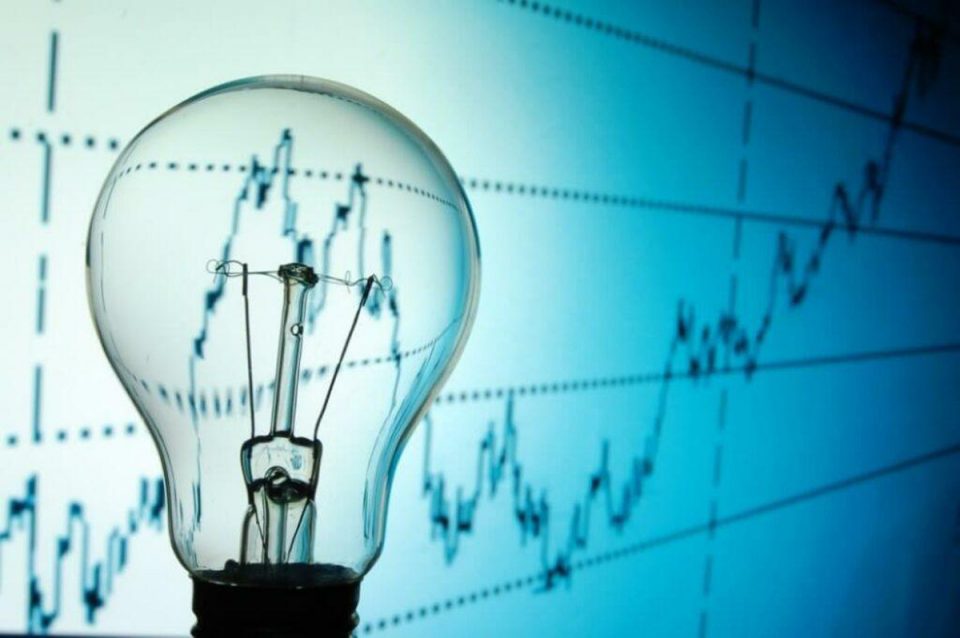Confusion in power sector as DisCos hint on N300 per kilowatt electricity tariff
The electricity sector was thrown into confusion, yesterday, as distribution companies (DisCos) indicated electricity tariff could increase to about N300 per kilowatt in July.
The companies had informed end-users that the tariff would increase effective July 1, 2023. They had also prompted consumers to take advantage of the grace period to buy units.
While The Guardian, last week, reported that Nigerians may need to brace up for tougher times as electricity tariff is set to increase by over 40 per cent, the Abuja Electricity Distribution Company (AEDC), Eko Electricity Distribution Company, Ikeja Electricity Distribution Company and others were said to have issued a statement telling consumers that the increase in tariff was sacrosanct.
But in the early hours of yesterday, AEDC issued a counter statement, asking the general public to disregard the information on tariff increase.
“Please, disregard communication circulating in the media regarding the review of electricity tariff. Be informed that no approval for such increment has been received. We regret any inconvenience,” the statement said.
The President Bola Tinubu-led administration has already removed subsidies on Premium Motor Spirit (PMS) and floated the naira, even as the Service Based Tariff Multi-Year Tariff Order (MYTO) of the Nigerian Electricity Regulatory Commission (NERC) projected an increase in July.
Inflation and floating of the naira have complicated basis for the tariff increase. Coming amid rejection by manufacturers and labour unions, a legal practitioner and consumer rights advocate, Kunle Olubiyo, said the projection that Band C, which currently goes for about N40 per Kilowatt-hour, may be increased to about N100 per Kilowatt-hour is alarming.
He also decried purported plan to increase Band A, which is currently about N56 naira per Kilowatt-hour, to about N150 per Kilowatt-hour.
“What it means, technically speaking, is that electricity tariff rate is going to be floated and it will be market-driven, like naira and exchange rate. In the next few days, electricity tariff may go for between a minimum baseline of N100 to a maximum threshold of N300 per Kilowatt-hour,” Olubiyo said.




